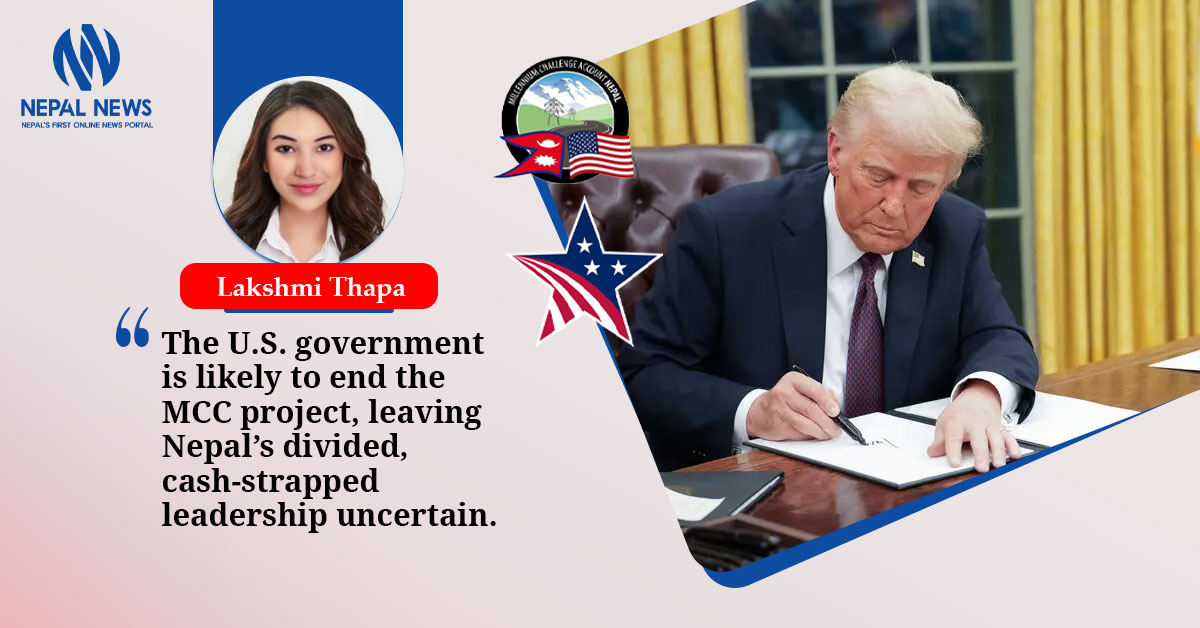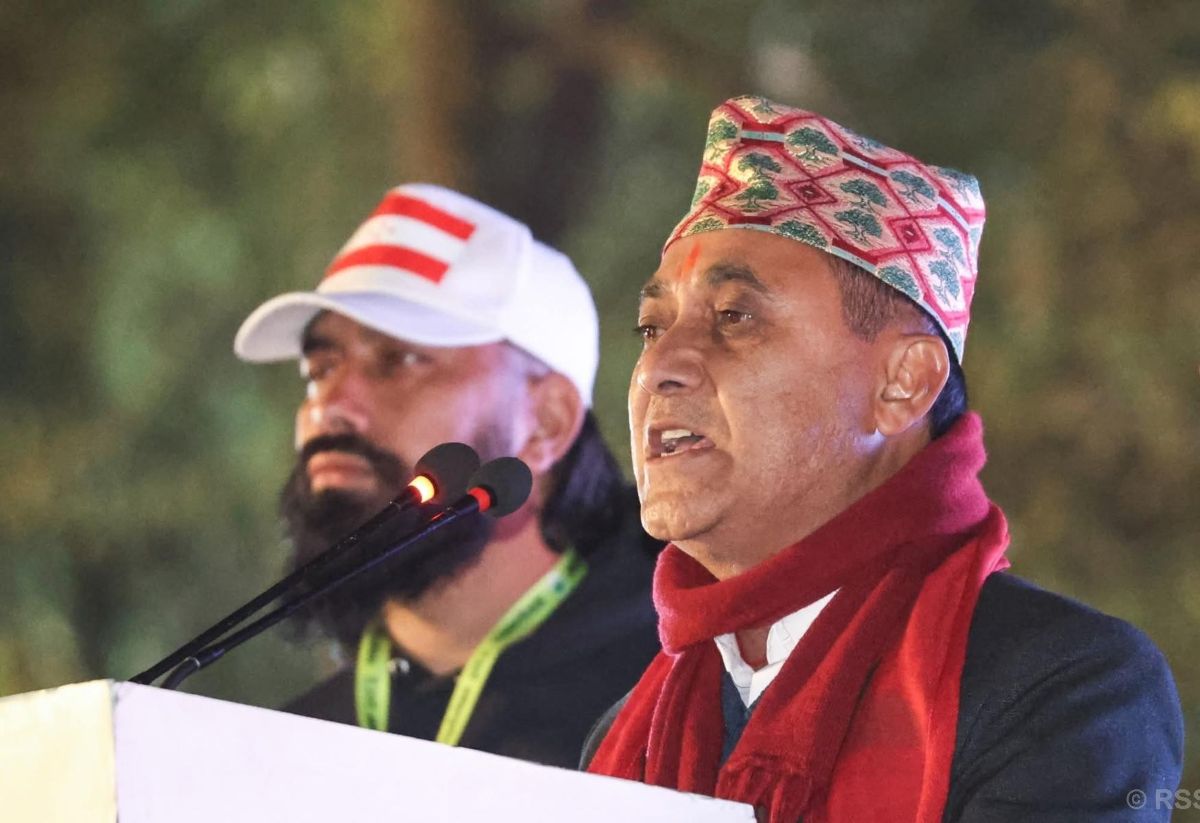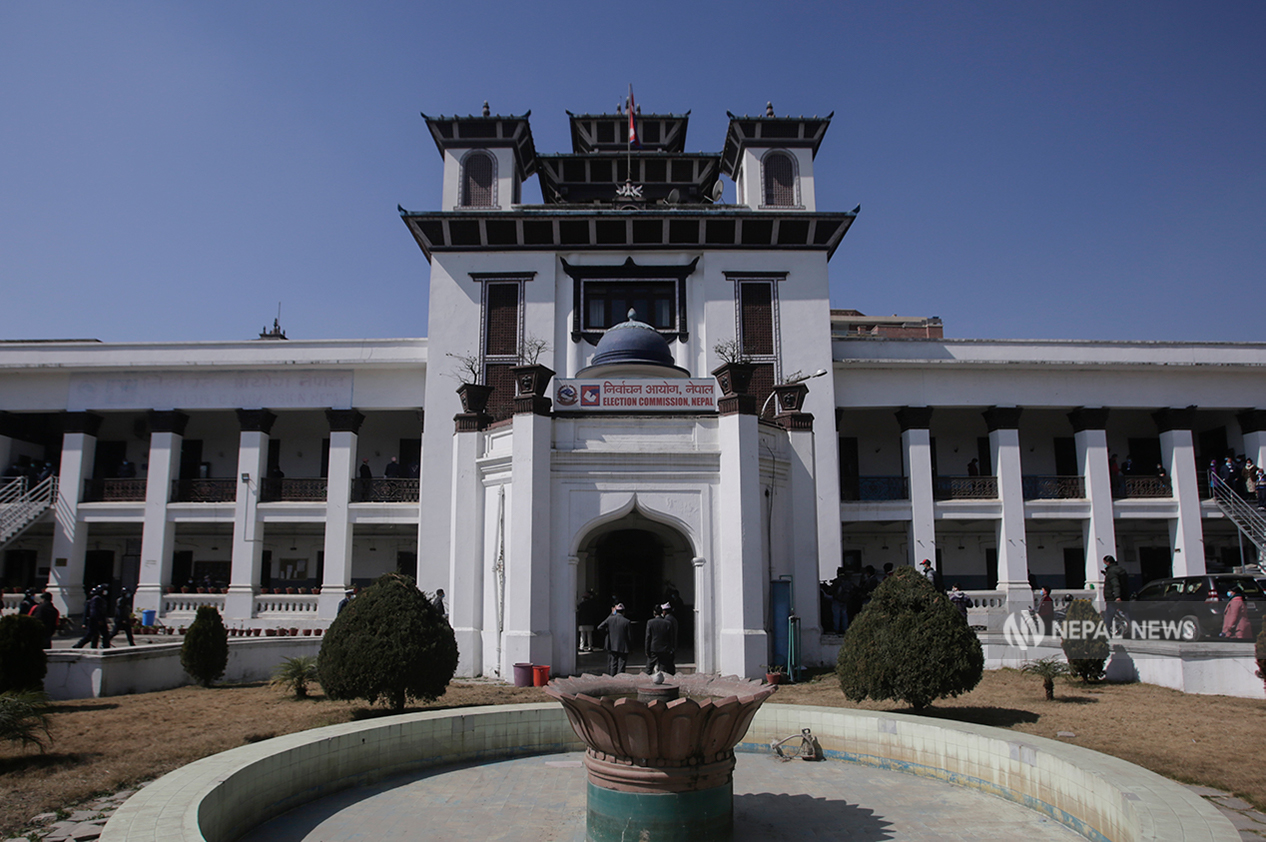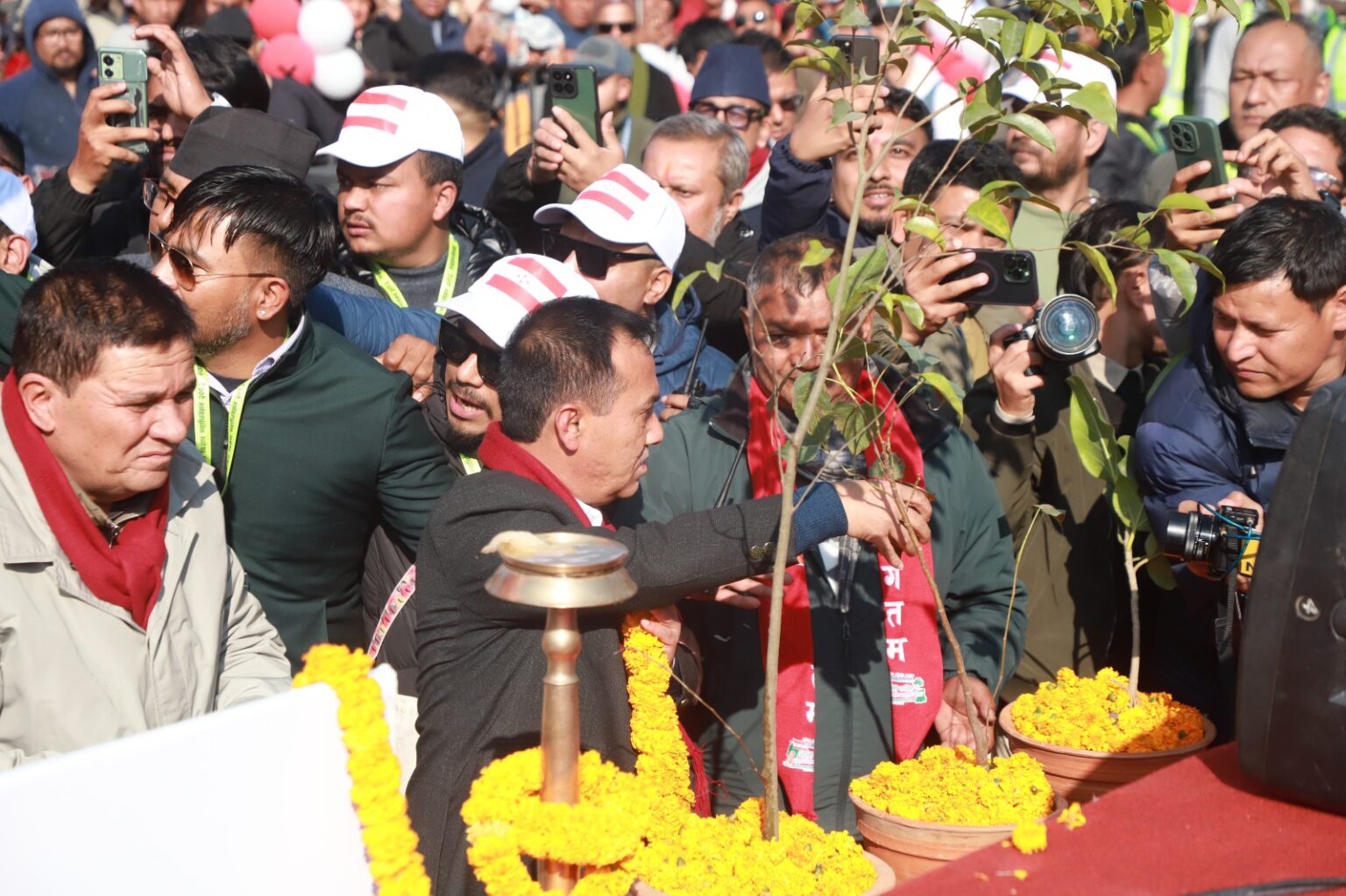On February 14, the Millennium Challenge Account Nepal (MCA) sent an email to Nepal’s Ministry of Finance, announcing the suspension of all MCC projects in Nepal for 90 days, citing an executive order by President Trump.
Given Trump’s sweeping reforms in the United States and his long-standing “America First” foreign policy, this move likely signals that the Trump administration will reassess MCC projects globally and may decide not to provide further funding for the MCC Nepal project. Instead, it could strongly demand that the Nepalese government cover all remaining costs.
The MCC Nepal project was initially funded with a $500 million grant from the U.S. government, later increased by $50 million, with the Nepalese government contributing $197 million. The project primarily involves the construction of transmission lines, substations, and road maintenance.
In 2017, Nepal signed the MCC agreement with the MCC Corporation. Since then, the project has faced prolonged and intense opposition from the Nepalese public, including some political parties.
Analysts suggest that Trump, a shrewd businessman, realized that the MCC Nepal project had not significantly benefited the U.S. over the past two years but had instead fueled anti-American sentiment in Nepal.
This opposition was driven by concerns that the agreement had strategic and military implications and undermined Nepal’s sovereignty.
Key issues included extraterritorial jurisdiction (where the MCC agreement supersedes Nepalese domestic law), unequal terms of responsibility, the ability of the U.S. to unilaterally terminate the agreement at any time, and the U.S. retaining final audit authority over the MCC projects in Nepal.
The Nepalese people viewed the MCC agreement as treating Nepal not as an independent and sovereign nation but as a subordinate entity that could be controlled and manipulated.
Under intense pressure, on February 27, 2022, during the Deuba government, the Nepalese Parliament approved the controversial agreement, appending a non-binding “explanatory statement.”
The project officially went into effect in August 2023, prompting a week-long protest by opposition groups and parties, with concerns about national sovereignty persisting.
The Nepalese government failed to effectively address public anxiety. Throughout the implementation of the MCC Nepal project, issues such as land acquisition compensation and environmental damage have continued to pose significant challenges.
During his first term, Trump signed the MCC agreement with Nepal, promising to improve power transmission and road infrastructure and create more jobs.
However, at the beginning of his second term, he and the U.S. government reneged on their commitment, highlighting America’s unreliability as a major international partner.
The next 90 days will present a significant challenge for the Nepalese government. It is clear that the U.S. government has no intention of continuing the MCC project and may insist that the Nepalese government fund its completion.
Analysts suggest that Trump, a shrewd businessman, realized that the MCC Nepal project had not significantly benefited the U.S. over the past two years but had instead fueled anti-American sentiment in Nepal.
Given Nepal’s status as a small landlocked country in South Asia, it was deemed unworthy of further U.S. investment.
This attitude was evident during Modi’s recent visit to the U.S., where Trump coldly stated, “I’ll leave it to PM Modi” when discussing Bangladesh.
It seems Trump is content to leave South Asian affairs to the Indian Prime Minister, treating them as a low-priority concern.
Ironically, at the end of January, Congress Party Chairman Deuba boasted to the media that the MCC project had proven to be a “good project” for Nepal, eager to validate his decision to approve it during his tenure as Prime Minister.
Now, with the MCC project becoming a hot potato for the Nepalese government, it remains to be seen whether Deuba will still consider it a “good project.”
The next 90 days will present a significant challenge for the Nepalese government. It is clear that the U.S. government has no intention of continuing the MCC project and may insist that the Nepalese government fund its completion.
The question is whether the currently divided Nepalese Parliament and the financially strained Nepalese government have the capability and willingness to take on this burden.














